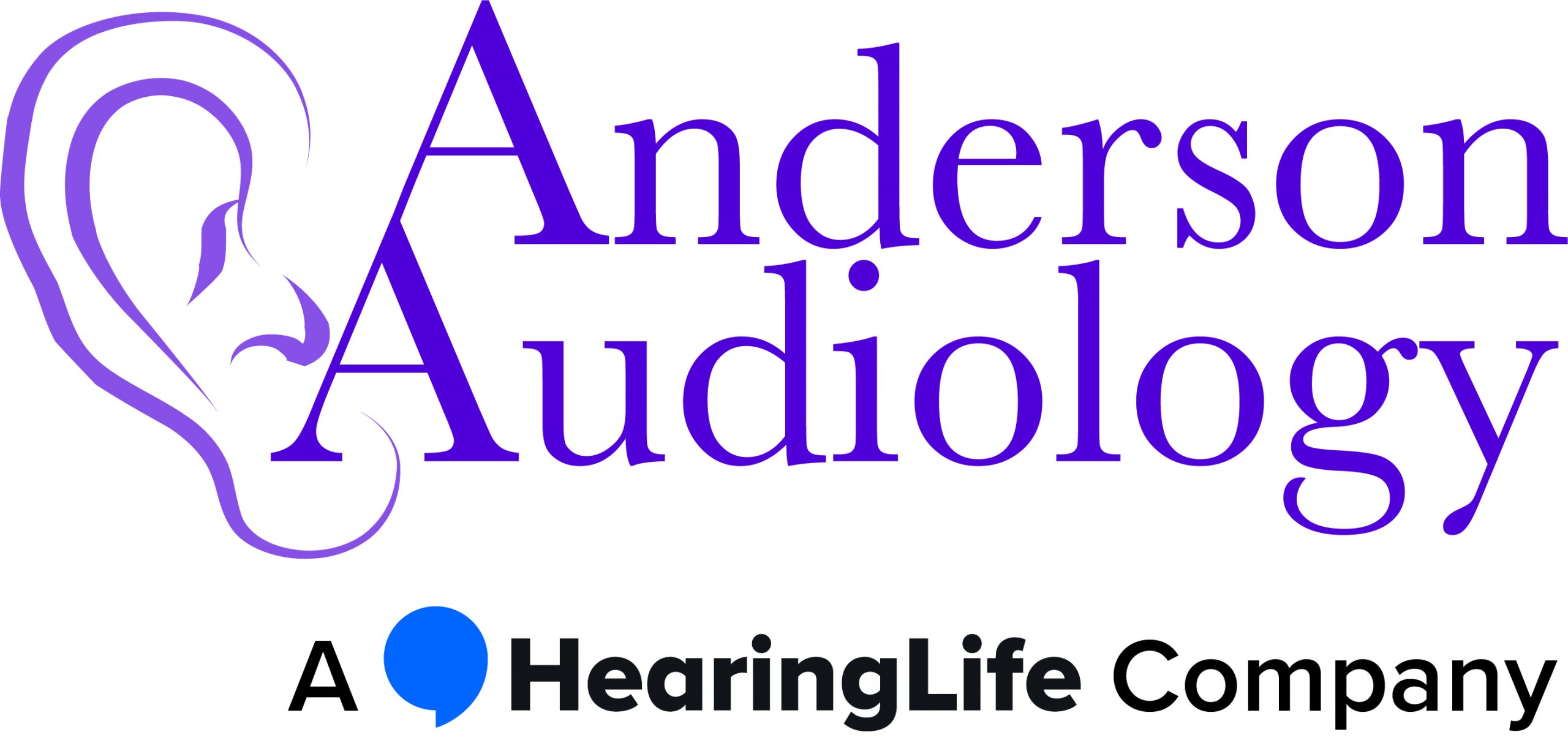Wearing a face mask or face covering is now a routine part of our daily lives. In some places, wearing a face covering is even mandatory.
While face masks help us all protect our local communities, they can make conversation a little bit more difficult for everyone. For the almost 38 million Americans with hearing loss, they can really pose a challenge.
Today, we’re taking a closer look at how face masks have impacted hearing loss.
Face Masks and Communication
The widespread use of face masks have led to some unintended consequences. A face mask can impede communication:
- Preventing lip reading.
- Removing visual cues.
- Muffling speech.
Even people with normal hearing struggle to hear correctly through a face mask. Removing visual cues that many of us rely on can make conversation more taxing. Our brains have to work harder to listen and understand. This is particularly true in areas with a lot of background or ambient noise – like a grocery store.
Research published in the National Library of Medicine found that using face masks with a transparent cover over the mouth improved communication. However, transparent face coverings are not widely adopted across the population – yet!
Help set a trend by making your own face covering with transparent window. This tutorial can show you how.
The communication challenges posed by face masks have been particularly felt by the hearing loss community. We’ve put together some tips to help you communicate while wearing a face mask, which you can read here.
Face Masks and Isolation
Along with face masks, we are advised to practice social distancing. One study carried out by Specsavers in the United Kingdom found that: “almost a fifth (19%) of people with hearing loss have experienced an increase in frustration, embarrassment and isolation during lock-down — and face masks are making it even harder to communicate.”
It’s believed that the communication challenges presented by face masks leaves people with hearing loss isolated.
Another study, performed by Action on Hearing Loss highlighted the impact of face masks on the hearing loss community. Karen Robson, of Action on Hearing Loss, said: “We’re hearing a lot of concerns from the deaf community and those with hearing loss. Many of these people will be unavoidably impeded by face coverings.”
“This has the potential to create further isolation among an already marginalized community of people, causing additional stress and anxiety to people at an already very difficult time,” she continued.
Face Masks and Undiagnosed Hearing Loss
The National Institute on Deafness and Other Communication Disorders (NIDCD) notes that almost 38 million Americans over the age of 18 report some difficulty hearing. The Americans Speech-Language-Hearing Association notes that “only 20% of those individuals who might benefit from treatment actually seek help. Most tend to delay treatment until they cannot communicate even in the best of listening situations.”
The communication and listening challenges presented by face masks may cause many people to realize the impact of their hearing impairment. Unfortunately, face masks are highlighting undiagnosed hearing loss.
If you find communicating with a face mask particularly difficult, it may be time to book a hearing assessment. Get in touch with the hearing healthcare specialists at Anderson Audiology. Call us on 702-997-2964 or click here to request an appointment online.

